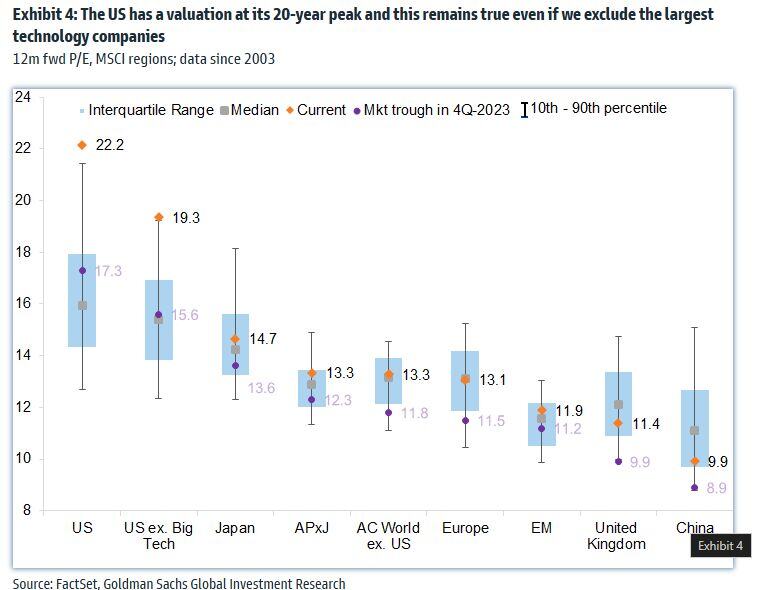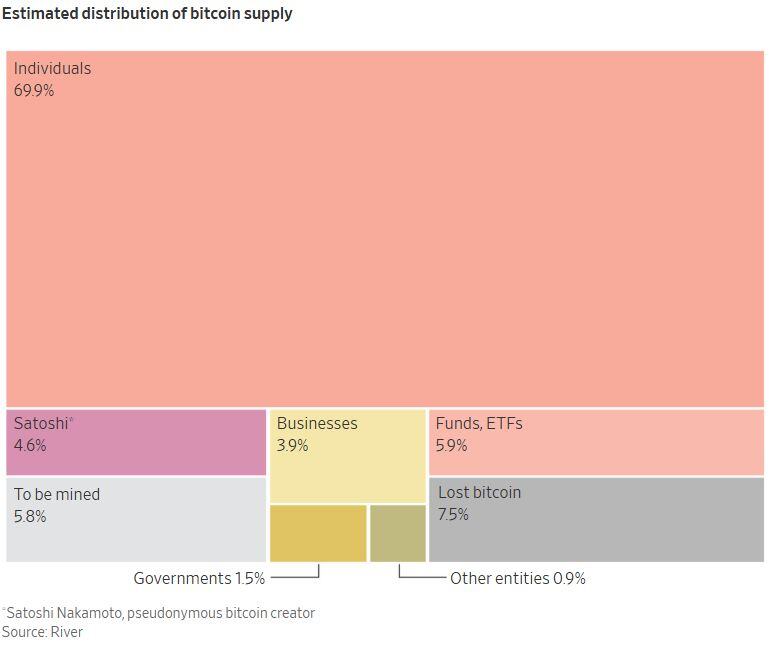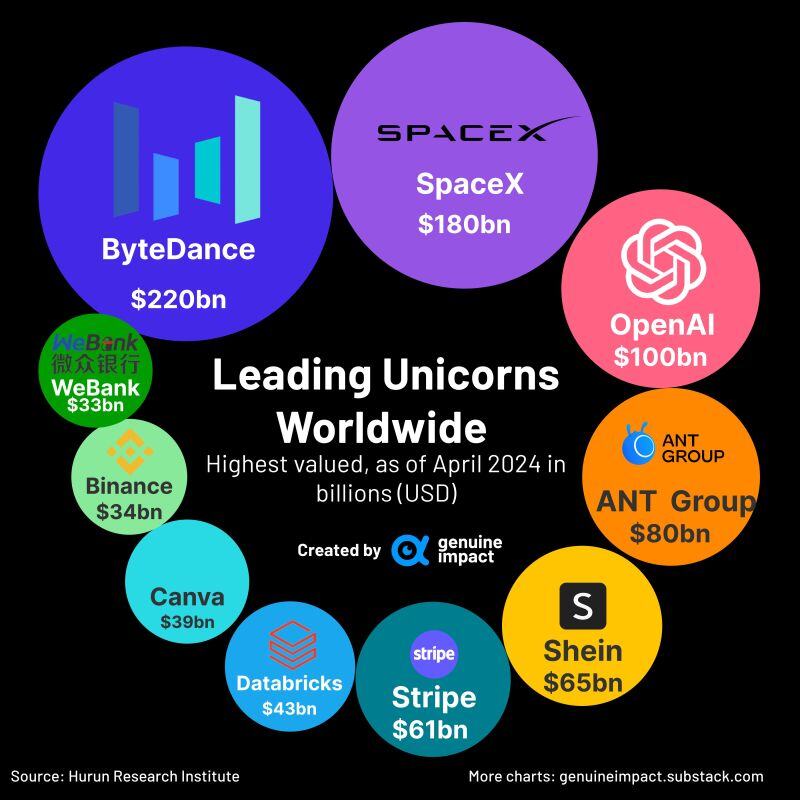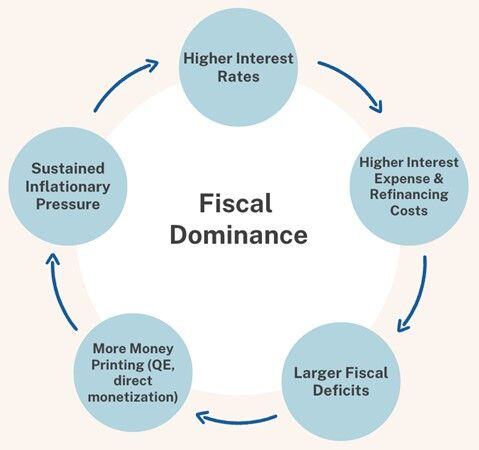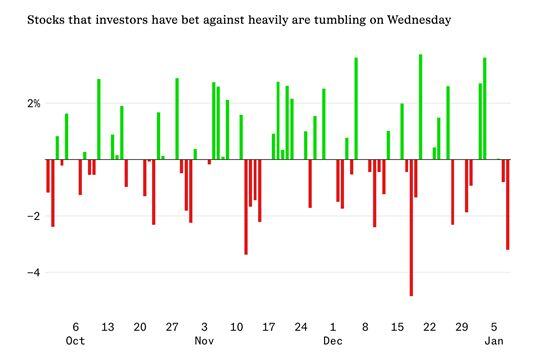Straight from the Desk
Syz the moment
Live feeds, charts, breaking stories, all day long.
- All
- equities
- United States
- Macroeconomics
- Food for Thoughts
- markets
- Central banks
- Fixed Income
- bitcoin
- Asia
- europe
- investing
- geopolitics
- gold
- technical analysis
- Commodities
- AI
- Crypto
- Technology
- nvidia
- ETF
- earnings
- Forex
- china
- Real Estate
- oil
- banking
- energy
- Volatility
- magnificent-7
- apple
- Alternatives
- emerging-markets
- switzerland
- tesla
- United Kingdom
- Middle East
- amazon
- assetmanagement
- microsoft
- russia
- ethereum
- ESG
- meta
- Industrial-production
- bankruptcy
- Healthcare
- Turkey
- Global Markets Outlook
- africa
- Market Outlook
- brics
- performance
Year 1 of the presidential election cycle is not that great, but still decent. 1928-2024 $SPX
Source: Mike Zaccardi, CFA, CMT, MBA
Storytelling is a high ROI skill.
But it's massively overlooked (in life and business). 11 storytelling tips to accelerate your career by Ben Meer @SystemSunday on X:
GS: The US has a valuation at its 20-year peak and this remains true even if we exclude the largest technology companies
Source: Mike Zaccardi, CFA, CMT, MBA
Mag 7 EPS vs SPX last 20 years
Source: GS, Mike Zaccardi, CFA, CMT, MBA
2024 is shaping up to be a big year for privately-held companies, with over 1,200 unicorns globally, up from just 590 in 2021!
(A "unicorn" refers to privately held companies valued at over one billion dollars). Leading the charge is ByteDance (TikTok's parent) at a whopping $220B 💰, followed by SpaceX 🚀 at $180B and OpenAI 🤖 at $100B. Noticeably, the US and China lead the world in both the number of unicorns and their combined market value. Source: Genuine impact
There have been many definitions of fiscal dominance over the years, but one that explains it well comes from Daniel J. Ford:
"Fiscal dominance is an economic condition that occurs when a country’s debt and deficit levels are sufficiently high that monetary policy ceases to be an effective tool for controlling inflation. In fact, persistently high interest rates in an environment of perpetually large deficits actually risk exacerbating inflation". Another definition: "Fiscal dominance occurs when fiscal deficits become as significant as, or more important than, private sector lending and monetary policy in driving economic activity". Source: Lyn Alden
Investing with intelligence
Our latest research, commentary and market outlooks




